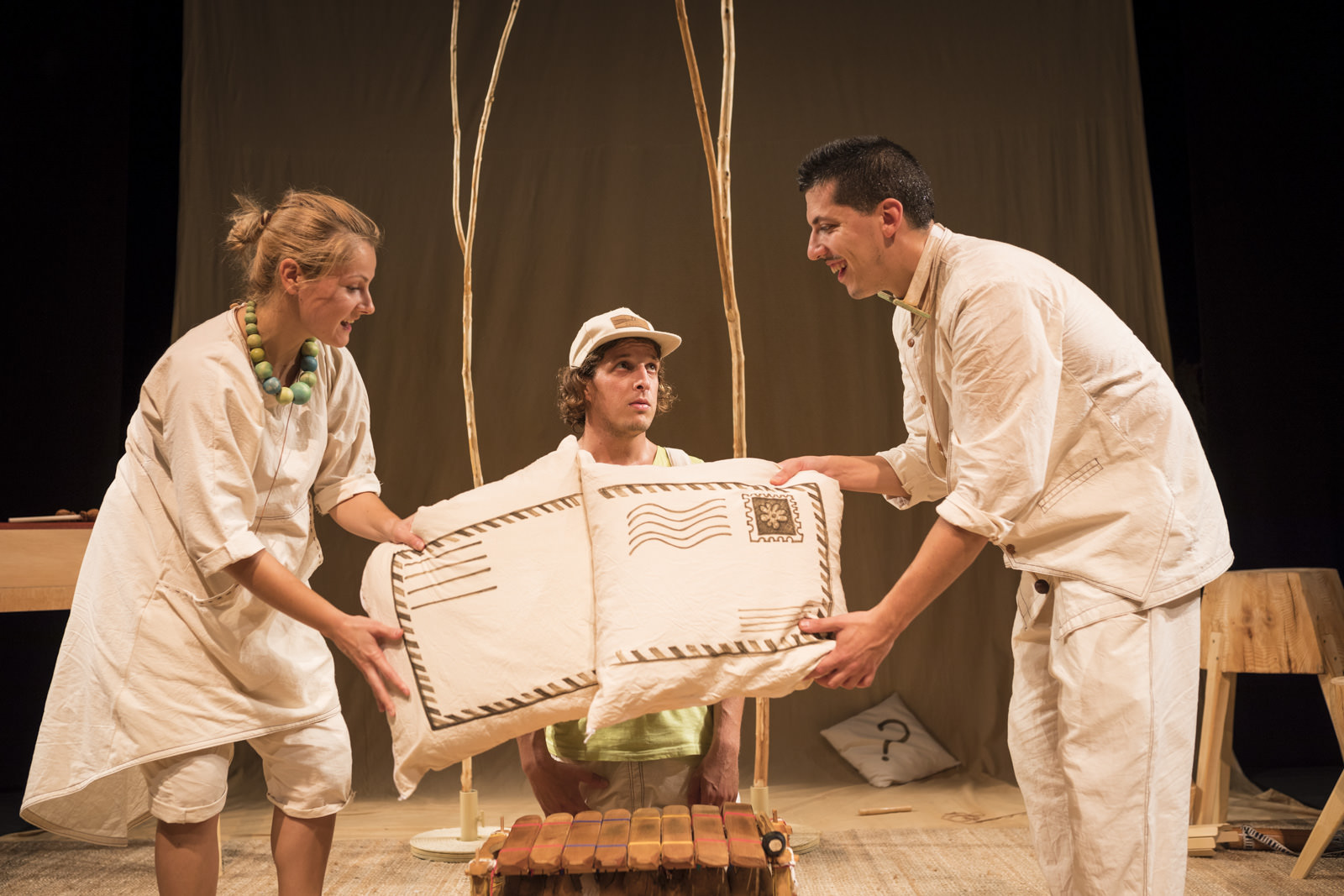A rich blend of sound, imagination, and love – that’s how one could describe The Adventures of Little Juju, a play from Rijeka that lit up a rainy day at this year’s Novi Sad Theater Festival.
The cast was agile, musical, and completely immersed in their performance, captivating both young and adult audiences. Children were drawn into its message, while adults were moved by echoes of their own childhoods. After a heartfelt performance, actor David Petrović – who played Dad Taranta – shared his thoughts.
You bring such imagination, warmth, and energy to the stage. How do you maintain that in today’s chaotic world?
You're right – we live in a hectic, overstimulated world. For us, this show is a kind of escape, a chance to become children again and play freely. It’s cathartic. I don’t think it’s hard to stay grounded if you’re willing to work on it. We all have that capacity for calm and connection inside us. It’s about choosing to nurture it and being brave enough to let it grow.
You've been in theater for 20 years. How has audience focus changed, especially among children?
Technology has definitely impacted attention spans. Kids take longer to settle into a story. Interestingly, groups who come with teachers are usually more focused than those who come with parents. Parents often hand over phones or snacks when kids get restless, which can be distracting for both actors and children. Theater should be a space where kids learn how to behave, and parents need to model that. But once they engage, children fully enter the world we create – and that’s magic.
Does performing for children require a different kind of sensitivity?
Definitely – maybe a bit of a pedagogical one. Since becoming a father to two young kids, I relate to children on a deeper level. It’s made roles like playing a father feel more intuitive. But above all, it’s about finding warmth and empathy within yourself.
What’s the best way to perform for children?
Even though we’re performing for children, we shouldn’t talk down to them. They don’t need lecturing. Kids aren’t clueless – they’re just young. They understand a lot if we speak to them clearly and respectfully.
Your play deals with overcoming fear. Do you ever experience fear on stage?
I don’t really get stage fright, but I do feel a kind of positive nervousness – hoping everything goes well. I believe in myself, and that helps. What I do fear are bad shows, ones that don’t connect or feel right. It’s tough to perform something you don’t believe in. That’s why full commitment is crucial – when you're all in, the audience feels it.




